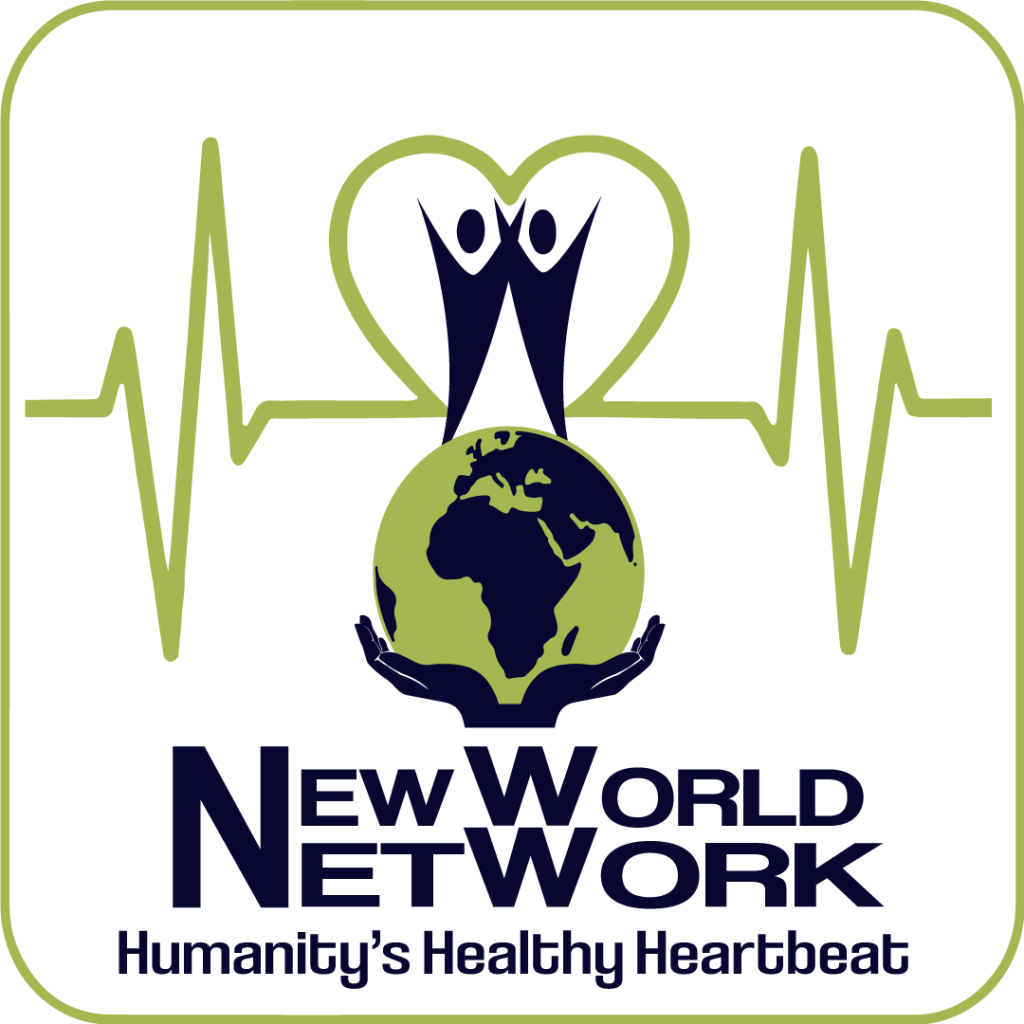- Study Overview & Context
A mid-stage trial led by MindMed investigated MM120—an oral pharmaceutical form of LSD—as a potential treatment for generalized anxiety disorder (GAD). The study enrolled 198 adults across 22 U.S. sites, testing multiple dose levels against placebo over a 12-week period ABC News. - Main Findings
- A single dose of MM120 significantly reduced anxiety symptoms. Notably, the 100-microgram dose delivered the most robust outcomes: approximately 65% of participants maintained benefits at 12 weeks, with nearly 50% reaching remission AP News
- Those higher doses showed stronger improvement compared to placebo at the 4-week mark AP News
- Advantages Over Traditional Treatments
Current GAD treatments often require daily medication, with ongoing side effects. The LSD-based MM120 trial demonstrated benefits after just one administration, with short-lived side effects limited to the dosing day. This distinction could offer a more convenient and potentially safer alternative ABC News - Expert Perspectives & Methodology
Dr. Maurizio Fava (Harvard Medical School) emphasized the potential of single-dose interventions for prolonged relief and noted his advisory role with MindMed, though without direct financial compensation ABC News.
Dr. Harriet de Wit (University of Chicago) praised the study’s design—large participant group, controlled dosing, multiple conditions and placebo—for its scientific rigor ABC News. - Caveats & Limitations
- Blinding Challenges: Many participants could correctly guess if they received LSD or placebo, potentially biasing results AP News
- Adverse Effects: Some experienced hallucinations, nausea, or headaches—common with psychedelic substances AP News
- Preliminary Nature: These are early findings; outcomes of larger, late-stage (Phase 3) trials are pending AP News
- Broader Landscape & Regulatory Status
- In March 2024, the FDA designated MM120 a “breakthrough therapy” for GAD—expediting its development pathway Wikipedia
- LSD’s prior medical history dates back to the 1950s and 1960s, when it was studied for psychiatric conditions. Its later classification as a Schedule I controlled substance halted further clinical use for decades Wikipedia.
What This Could Mean Going Forward
- Potential Treatment Shift
If Phase 3 trials confirm these benefits, MM120 could revolutionize GAD treatment by providing a rapid, long-lasting alternative to daily medications. - Mechanistic Understanding
LSD is known to act on serotonin (5-HT₂A) receptors and may promote neuroplasticity—a mechanism increasingly linked to mood regulation and anxiety relief Wikipedia - Regulatory and Institutional Evolution
The FDA’s designation signals willingness to re-evaluate psychedelics within therapeutic contexts, a significant shift from past policies. - Ethical and Practical Concerns
Ensuring proper controls, patient preparedness, follow-up support, and accessibility will be paramount. Blinding challenges and managing potent subjective experiences remain key hurdles AP News
Neutral, Fact-Based Summary
This study underscores a resurgence in serious clinical interest toward psychedelic medicine. The MM120 trial suggests that a single, carefully administered LSD dose may offer meaningful, lasting anxiety relief—without daily treatment burdens. However, these are early findings with inherent caveats—from blinding limitations to side effect profiles. Future trials will be crucial in validating efficacy, safety, and integration into mental health care frameworks.
What This Could Mean Going Forward Neutral, Fact-Based Summary This study underscores a resurgence in serious clinical interest toward psychedelic medicine. The MM120 trial suggests that a single, carefully administered LSD dose may offer meaningful, lasting anxiety relief—without daily treatment burdens. However, these are early findings with inherent caveats—from blinding limitations to side effect profiles.
